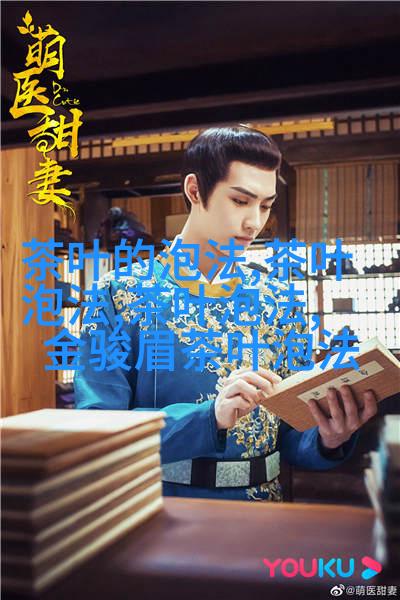传统的中国茶艺与现代生活的融合

在中国,茶文化已经有着数千年的历史,它不仅是一种饮品,更是一种生活方式。那么,三句英文介绍中国茶文化会是什么样的呢?"China's tea culture is a harmonious blend of tradition and modernity." "It encompasses not only the art of making tea but also the rituals and values associated with it." "From ancient temples to contemporary cafes, tea plays a significant role in shaping Chinese society."
What is the significance of Chinese Tea Culture?

Chinese Tea Culture has been an integral part of Chinese society for centuries. It has played a significant role in shaping the country's history, politics, economy, and social etiquette. From Confucius to Mao Zedong, many influential figures have been known to appreciate and promote tea culture.
The earliest recorded evidence of tea consumption dates back to 2700 BC during the Shang Dynasty. According to legend, Emperor Shennong discovered tea when leaves from a nearby tree fell into his boiling water. This chance discovery led to the development of various teas such as green, black, oolong, white, yellow and pu-erh.

Tea was initially consumed for its medicinal properties rather than its taste or aroma. However over time it became an important part of daily life in China. The traditional Chinese Tea Ceremony emphasizes respect for nature and harmony among people.
In this ceremony participants gather around a low table where they admire the beauty of nature through flowers or calligraphy while waiting for their hostess who serves them different types of teas accompanied by delicate snacks called dim sum.

How does modern technology impact China's Tea Culture?
While maintaining its rich heritage intact modernization has impacted China's Tea Culture significantly. Today you can find high-tech teahouses that offer digital experiences such as virtual reality (VR) tours through famous historical sites like The Great Wall or Forbidden City while sipping on your favorite cuppa.

Moreover mobile apps allow users to order their preferred type of loose leaf online with delivery options available across major cities which have made accessing this ancient beverage more accessible than ever before especially among younger generations who are increasingly adopting western lifestyles.
However some argue that these changes may pose threats towards preserving traditional values associated with China's unique cultural identity which include mindfulness meditation spiritual growth etcetera
In conclusion while embracing technological advancements might lead us down uncharted territories we must ensure that our efforts do not compromise our core values - be they old or new - so long as we remember why we started drinking this magical elixir in first place: love appreciation & connection
